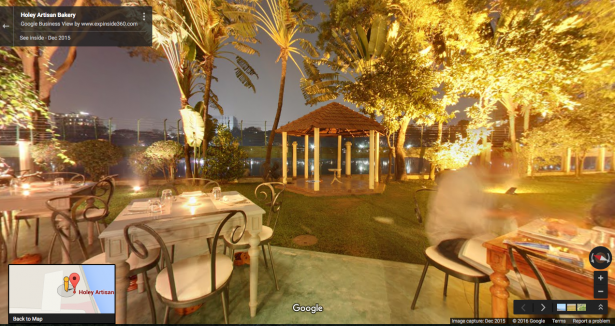Resisting the extremism of the Dhaka attack with radical love
On Saturday, I learned what it means to truly grieve during a national tragedy. Terror was brought to my home in a way that didn’t happen with the attacks in Turkey and Orlando. No longer an abstraction of news-stream violence — Dhaka, I grieve for you with tears in my eyes and my heart in my throat.
At 9:30 p.m. on July 1, seven militants entered a cafe frequented by locals and expats alike in Dhaka, Bangladesh and began a more than 10-hour killing spree that left 20 hostages dead and many others injured. Three of the dead were alumni of my high-school and siblings of my classmates.
Dhaka, despite being the nation’s capital, can feel a lot like a small town, especially in the community of expats with which I spent 18 of my most formative years. Many of us lived in Dhaka only temporarily, but we spent much of the past three days online together, still deeply connected to our former home. Those who are no longer here were our friends, students, family members, and — most importantly — our loved ones.
I grieve for my classmates and their siblings, who the world has so utterly failed. I grieve for their parents, for whom no prayers and no words can begin to console. I grieve for the teachers who taught and loved them. I grieve for my family and the families I do not know.
I have spent the last few days — as many of my friends and family did — in shock, processing what happened. Some that I spoke to offered prayer. Others swore off religion. Tragedies like this tend to reaffirm our predisposed positions.

Google Street View’s look inside Holy Artisan Bakery, the Dhaka cafe where the attack took place.
Perhaps, in a futile attempt to understand what happened there, I returned to Dhaka through Google’s Street View, walking through placid images of days less heavy with sadness. I walked to my house. To the homes of my loved ones. To school and the expat bars at which we would spend many weekend nights.
My thoughts turned from sadness to anger towards the men who took their lives. I have thought of them as evil and as monsters. But the word evil itself sounds trite and incapable of describing the depravity of their violence. Ultimately, I am left frustrated because no amount of thought can authentically examine the premises and principles from which they committed their crimes. I’m brought back to the words of Israeli writer Amos Elon, who said, “Good can be radical; evil can never be radical. It can only be extreme.”
I fear the violence that occurred in Dhaka on Friday, in Turkey on Tuesday, and in Orlando weeks before that, will manifest in more violence and thought-defying tragedy. To those who are no longer with us, I am sorry we have so devastatingly failed you. For those who are still here, I love you and refuse to let violence incite more violence. May we resist their extremism with true radicalism and confront their hate with radical goodness and love of our world. Please, keep hope alive. God knows we need it.
This article was originally published on Waging Nonviolence and appears here courtesy of a Creative Commons license.

Tekendra Parmar is based in New York City. He has previously written for The Nation, the Center for the Study of the Drone, and Georgian weekly Caucasus Business Week.


